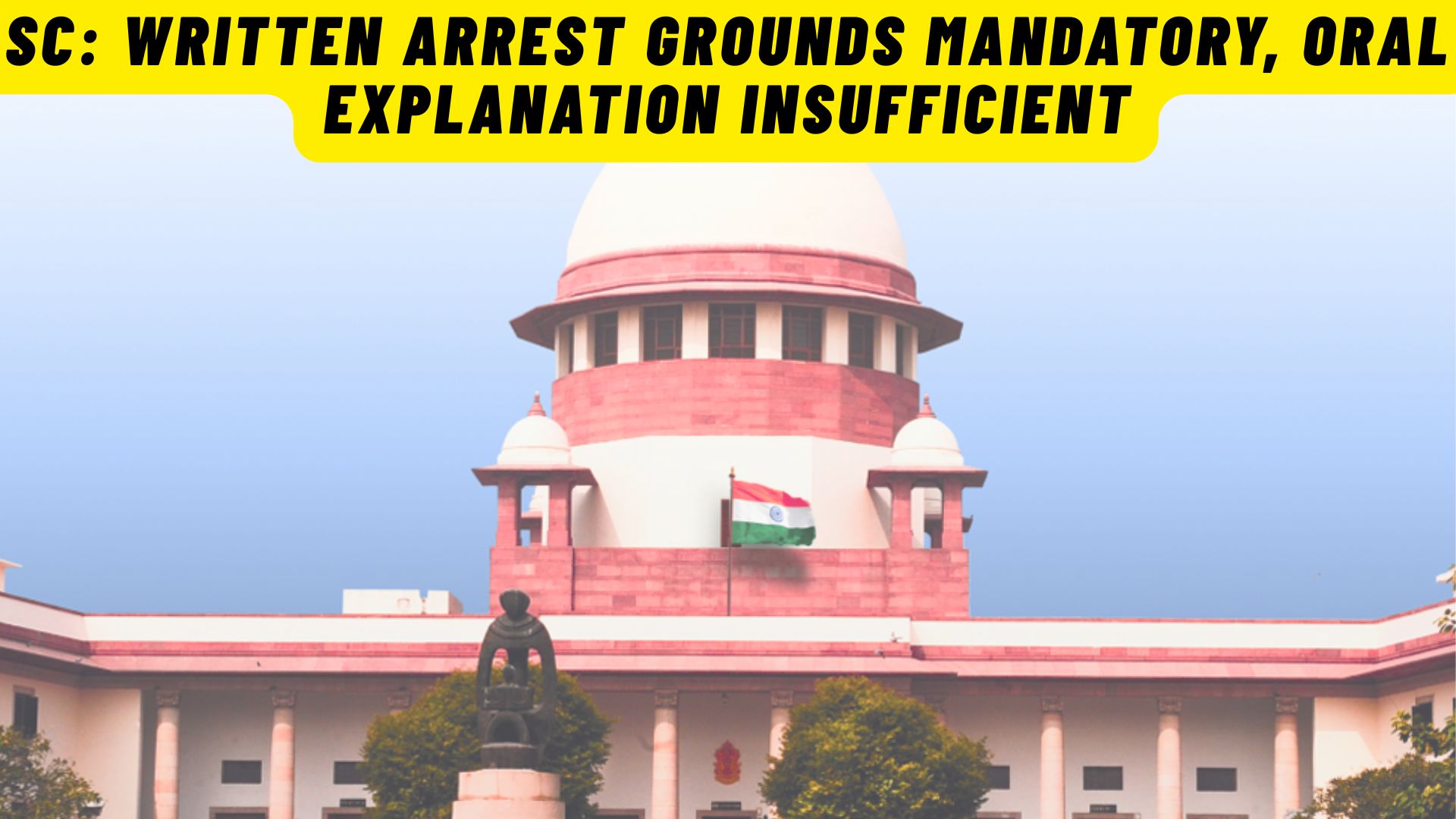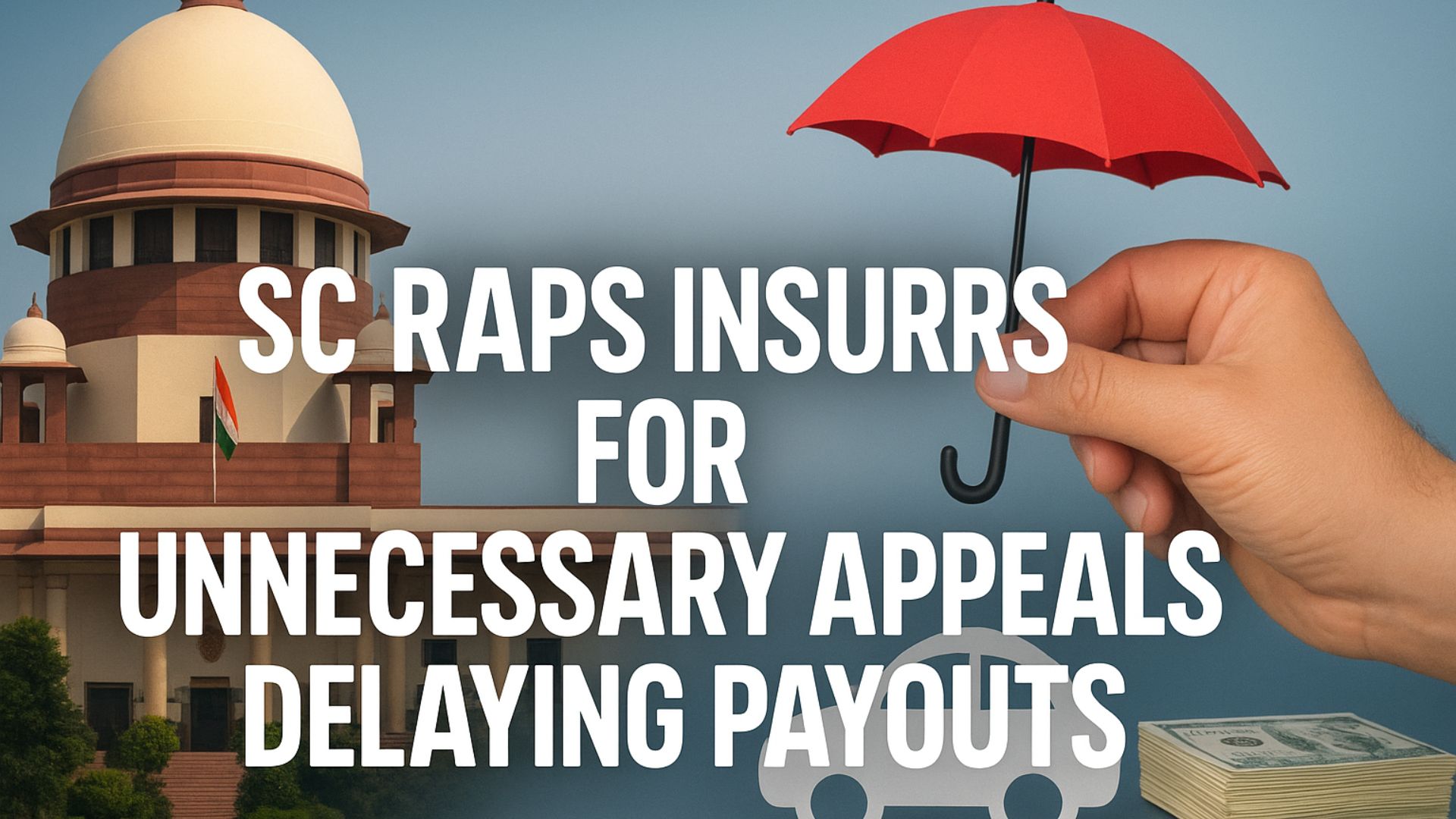@JUDGMENTTAG-ORDER
Panckridge, J.@mdashThis application to the Court to exercise its revisional jurisdiction u/s 115, Civil P.C., raises a novel question. The applicant
is defendant in a suit in the Small Cause Court in which the plaintiff has obtained a decree for Rs. 90-14-3 and costs. The applicant is also the
patentee entitled to the benefit of Patent No. 14245 granted under the Patents and Designs Act 1911. On 14th July 1937, on the application of the
plaintiff, the following notice was served upon the Controller of Patents:
Sir,
The plaintiff having applied, under Order 21, Rule 52, Civil P.C. 1908, for an attachment of certain property now in your hands, viz. defendant''s
patent right under patent No. 14245, I request that you will hold the said property subject to the further order of this Court, and that, if you have
no notice of any claim to, or interest in the said property other than that of the abovenamed you will bring the same into this Court to the credit of
the above suit; or if you have any objection to so doing, that you will inform me of the grounds thereof.
3. On 6th September 1937 the plaintiff applied for the sale by auction of the applicant''s patent in execution of his decree. On 21st September
1937, the applicant''s patent was sold by public auction to Baburam Jaini, who is a party to the present application for Rs. 405. On 18th
December 1937 the applicant applied to the Small Cause Court for an order setting aside the sale of 21st September. This application was
dismissed on 6th May 1938 by the Small Cause Court, the learned Judge holding that the sale was effected in conformity with the provisions of the
Code, and also that the application to set it aside was barred by limitation. I am now asked to set aside the sale and the order of the Small Cause
Court dismissing the application made to it. It is not necessary to decide the broad questions that counsel for the applicant has sought to raise. He
has maintained that the rights of a patentee cannot be sold in execution, and he has referred to Eduwards & Co. v. Picard (1909) 2 K.B. 903 ,
where it was held by the Court of Appeal (Fletcher Moulton L.J., dissenting) that an order for the appointment of a receiver by way of execution
of the rents, profits, and moneys receivable in respect of a judgment-debtor''s interest in certain patents could not be made. On the other hand, Mr.
Sen opposing the application on behalf of the auction purchaser points out that the provisions of Section 60, Civil P.C., which deals with property
liable to attachment and sale in execution of a decree, are very wide, and he relies on the words ""all other saleable property moveable or
immovable."" In this connexion it must be noticed that Sections 12 and 63, Patents and Designs Act, specifically recognize the assignability of
patents, and the language of the proviso to the latter Section is in these terms:
Provided that any equities in respect of the patent or designs may be enforced in like manner as in respect of any other moveable property.
4. Moreover the late Sir Dinshaw Mulla commenting on Section 130, T.P. Act, states that under English law a patent, although an incorporeal
right, is a chose in action : Mulla on the Transfer of Property Act, 2nd Edn., p. 688. It is not necessary for me to decide the general question, but
as a matter of construction I should certainly be inclined to hold that the rights of a grantee under a grant of Letters Patent were covered by Section
60, Civil P.C., I am however forced reluctantly to the conclusion that the sale with which this application is concerned is a nullity and must be set
aside. Although u/s 51, Civil P.C., the Court has power to order execution of a decree by attachment and sale, or by sale without attachment, of
any property subject to such conditions and limitations as may be prescribed, the Calcutta Small Cause Court has only power to order execution
by sale preceded by attachment; and not by sale without attachment. Has there been attachment in this case? If there has not, the sale has been
without jurisdiction. The auction purchaser argues that the notice served on the Controller is attachment within the meaning of the Code. It is clear
that what has been done is to attempt to apply Order 21, Rule 46. The rule provides that in the case of moveable property (other than a debt or a
share in the capital of a Corporation) not in the possession of the judgment-debtor, the attachment shall be made by a written order prohibiting the
person in possession of the same from giving it over to the judgment-debtor.
5. It is difficult to see how in this case the patent rights, if such rights can properly be said to be in the possession of anyone, are not in the
possession of the patentee judgment-debtor. Be that as it may, it is impossible to hold that the Controller of Patents is a ""person in possession of
the same"" within the meaning of the rule. The position of the patent office and of the Controller forms the subject-matter of part 3 of the Act, and
the powers and duties of the Controller are dealt with in Sections 65 to 70. Nowhere however in these Sections or elsewhere in the Act is there
anything to indicate that any of the rights of a patentee are regarded in law or in fact as in the possession of the Controller. Indeed it may be noted
that u/s 63(3) the registered proprietor of a patent has power absolutely to assign, grant, license as to, or otherwise deal with, the patent. The
Controller has no power to interfere with an assignment, although u/s 20 unless copies of documents affecting the proprietorship of a patent have
been supplied to the Controller in the prescribed manner for filing in the patent office, such documents shall not be received as evidence of any
transaction affecting a patent. I am compelled to hold therefore that service of the so-called prohibitory order upon the Controller of Patents was
not attachment within the meaning of Section 51, Civil P.C., and that since the Small Cause Court has no power to sell in execution without
previously attaching the property, the sale of 21st September 1937 was made in excess of jurisdiction and must be set aside.
6. With regard to the order of the Small Cause Court of 6th May 1938, dismissing the judgment-debtor''s application to set aside the sale, Mr.
Sen argues that even if the learned Judge of that Court has erred in holding that the application was barred by limitation, he had jurisdiction so to
hold, and that accordingly Section 115, Civil P.C., does not entitle this Court to interfere with his order. The position with regard to limitation
appears to be this : Article 166 prescribes a period of 30 days from the date of the sale for an application under the CPC to set aside a sale in
execution of a decree. The learned Judge has held that the sale was one that the Court had jurisdiction to effect and that in consequence Article
166 is applicable. If this view is right, the application was unquestionably made too late. It should be observed however that the application was
not one under Order 21, Rule 90, which is limited to sales of immovable property. Rule 77 of the same order deals with execution sales of
moveable property, and provides that in the case of sales by auction the sale shall become absolute on payment of the purchase price. Rule 78
provides that no irregularity in publishing or conducting the sale shall vitiate the sale, but any person sustaining any injury by reason of such
irregularity at the hands of any other person may institute a suit against him. I under, stand Mr. Sen to suggest that by reason of Rule 78 the
application to the Small Cause Court did not lie, and that the judgment-debtor''s proper remedy was by way of suit. I do not see how this
suggestion assists him, because the dismissal of the application as misconceived could not affect the right of this Court u/s 115 to set aside the sale.
The authorities show that in the case of an execution sale of immovable property, where the sale is a nullity because held without jurisdiction, no
application to have it set aside is necessary, since the sale can be ignored. If however an application is made, the appropriate Article of the
Limitation Act is not Article 166 but Article 181, the residuary Article which prescribes three years for applications for which no period of
limitation is provided elsewhere in the schedule, or by Section 48, Civil P.C., : Raja Gopala Ayyar v. Ramanuja Chariar A.I.R 1924 .431.
However I do not think that the unsuccessful attempt to set aside the sale which the judgment-creditor made in the Small Cause Court has any
bearing on the powers of this Court to deal with the sale u/s 115.
7. The sale must therefore be set aside. I confess that I regret this result, because if, as seems to be the fact, the patent rights have a pecuniary
value there is every reason why they should be utilized to satisfy the decree. With regard to costs, the applicant is entitled to his costs against the
decree-holder who has not appeared. Against these costs the decree-holder may set off what is due under the decree. There will be no order as to
the costs of the auction-purchaser.

